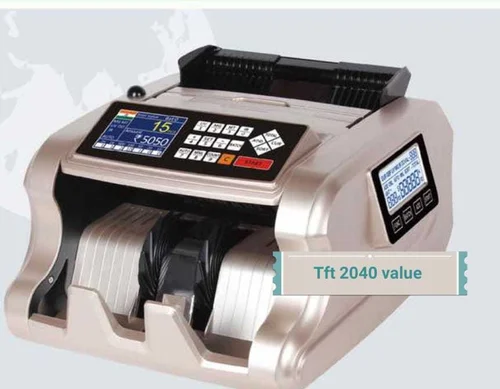Right behind the subject of birds and bees, talking to kids about الات عد النقود and wealth is one of the most difficult conversations for parents. Deciding what to tell them about earning, saving and growing cash can be a difficult task, particularly since many of us were never given money management skills at home and perhaps still do not know a whole lot about the subject in the first place. This article will provide you with a framework to discuss money with your kids, and will help you establish a foundation to share your own values about wealth with them.
The current economic and credit crisis is, at the very least, anecdotal evidence that our views on money need some improvement, specially if we hope our children will not repeat our mistakes and will therefore become good earners, savers and stewards of their own wealth. A recent survey among high school and college students revealed kids pick up their views and values about money and finances at home, largely through observation and by hearing their parents talk about money.
In other words, whether we intentionally teach them or not, our kids will learn the good and the bad we have to offer regarding financial matters. Clearly, it would be a great step for us to make this process more deliberate and ensure the way we see money and what we teach our children about it is going to help them in the long run.
Money Is Energy: The New Metaphor
We live in a great country, where many people have started with nothing and built amazing fortunes. Many others have lost it all overnight due to corporate failures, fraud or poor judgment. For the rest of us, however, money is what keeps a roof over our heads, gives us comfort, or even keeps us up at night if we do not have what we need. For these reasons, money is typically a very emotional subject. For some, money is insecurity, pain, and shame. For others, money is pride, greed, fun and excitement. None of these emotions are ultimately healthy when they are attached to the way we see money. And whether we like it or not, we tend to pass on these emotionally charged views on money as part of our values to our children during their upbringing.
Would you like to see your children growing up afraid of money, or having an unhealthy attachment to what money represents in terms of material things or immediate gratification? My guess is you probably would not. This is why we need a different metaphor when we discuss money. It is nothing to be feared or pursued obsessively. Money is just energy. Energy is neutral and is all around us in the physical world. The cash and ATM cards we keep in our pockets are just an expression of it.
Imagine that you need a gallon of milk. Getting it is really simple, you reach into your pocket and use a few dollars to buy your milk at the store. But what would happen if you could not get anyone to sell you milk in exchange for your money? You would have to put in a lot of hard work to obtain it, perhaps driving to a distant dairy farm or raising a cow yourself! That would certainly take a lot of valuable time and energy from you.
In modern times, we do not have to take such drastic measures to procure a simple gallon of milk. We have figured out that it is far more efficient for each of us to specialize in our own function (a.k.a. our job), and trade units of energy (cash) in exchange for our labor and for what we need (food and shelter). This is a simple formula that works to optimize the flow and use of energy of our society. In other words, money is energy and we get to have an amount that is proportional to how much of energy we give out to the world.
The Properties of Energy, and Money
Any science book will tell you that energy has four key properties: it can be transferred, it can take multiple forms, it can be only converted from one form to another, and because of that, it can never be created or destroyed. If you think about it, money has much in common with energy, as it can be transferred and it can be converted into many forms. Now, can money be created or destroyed? Technically, yes. You could take all your cash and incinerate it in the fireplace, but this is not the right way to think about it. A more logical approach to the indestructibility of money is as follows: imagine you are a frontiersman or woman and you arrive to the vast plains of Montana in the 1800s
Through much labor and hard work, you convert a big expanse of land into a productive farm and as a result, you emerge as a wealthy land owner and farmer. You did not destroy the land, you transformed it. Before you arrived, the energy of that land was serving nature and the animals of the region. Now it belongs to you and you can turn its bounty into cash and become a rich person. You took the energy of your work and the gift of nature and transformed them into a cash machine. We can come up with many other examples, including inventions and new ways of doing business (such as the Internet), but I think you get the point. Energy and money are very close relatives!


